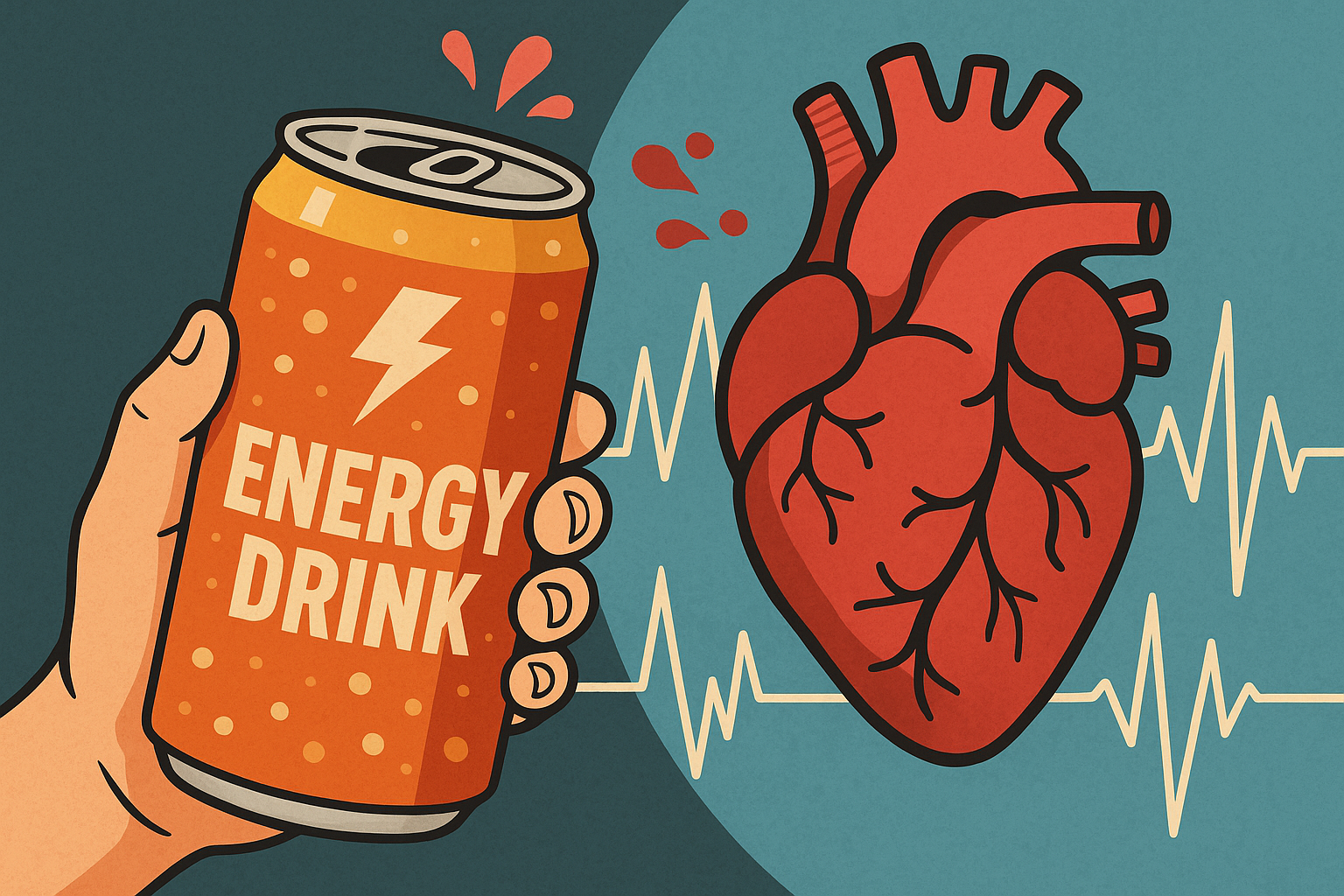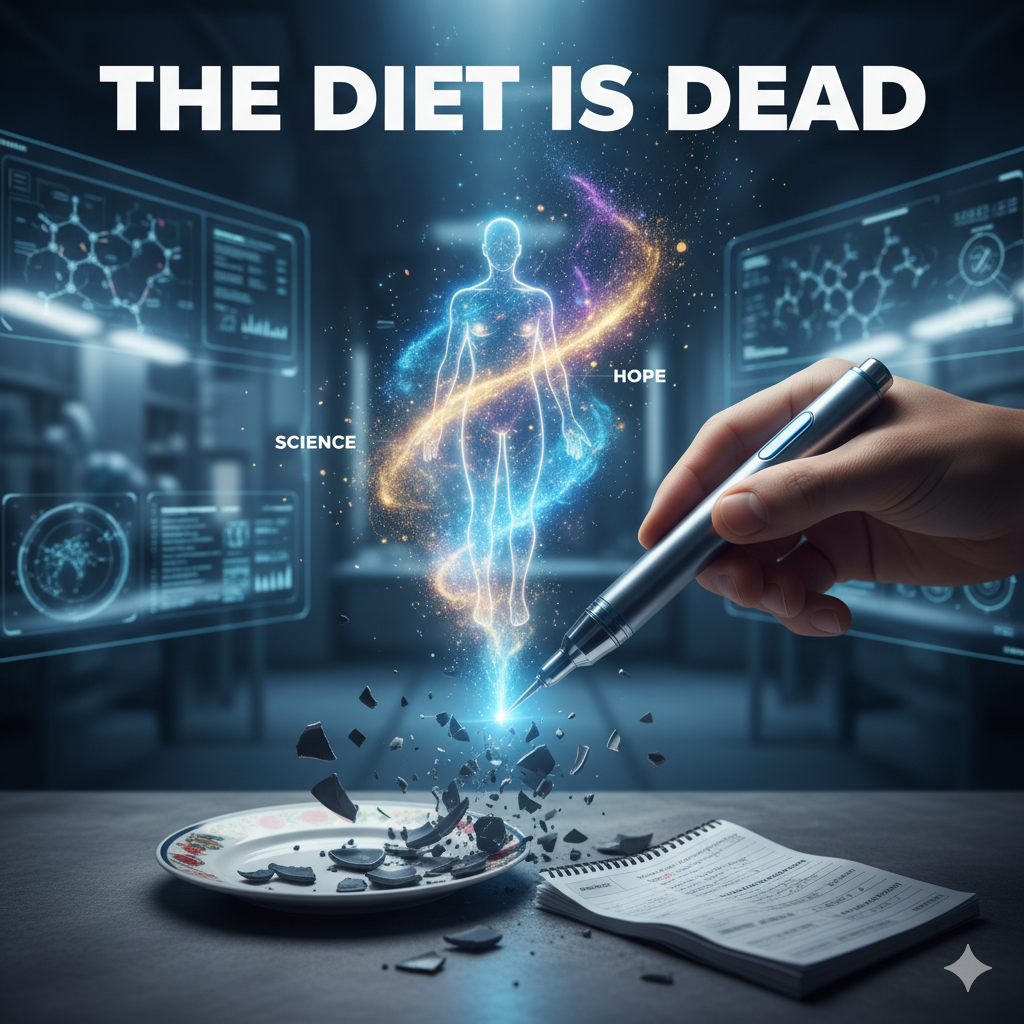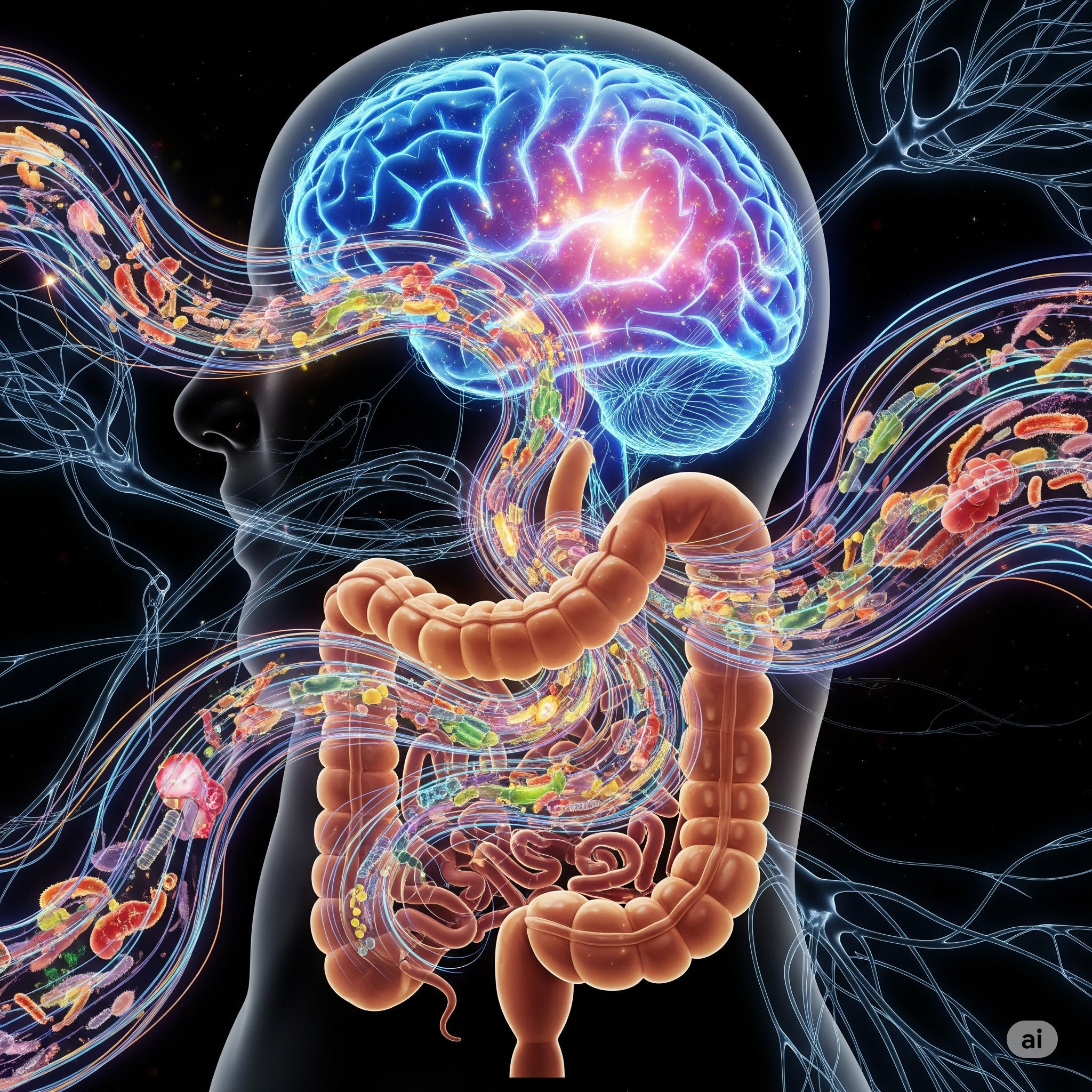Caffeine, Taurine, Sugar — Friends or Foes of Your Heart?
Introduction:
You’ve probably seen them everywhere: energy drinks promising focus, endurance, and quick alertness. Whether it’s a student pulling an all-nighter, a gamer mid-marathon, or someone heading to the gym, these fizzy beverages are the go-to fix. But there’s a growing concern lurking behind the flashy cans and bold flavors:
Do energy drinks pose a real risk to heart health?
Recent studies and clinical cases suggest a worrying link between excessive energy drink consumption and cardiac events—particularly in young, otherwise healthy individuals. This article explores what science actually says about energy drinks, caffeine, sugar, taurine, and their combined effects on the human heart.
You don’t need a medical degree to understand this. But by the end, you might think twice before reaching for that next can.
1. What’s Actually in an Energy Drink?
Let’s break it down. A typical energy drink contains:
- Caffeine: 80–300 mg per can (sometimes more than 3 cups of coffee)
- Taurine: An amino acid added for performance (often 1000–2000 mg)
- Guarana: A natural stimulant with even more caffeine
- Sugars: Ranging from 25 to 60 grams per can
- Other Additives: B vitamins, ginseng, artificial flavors, colorants
While some ingredients—like B vitamins—are harmless in small doses, the real concern lies in how these compounds interact, especially in high quantities or with existing heart conditions.
2. Caffeine and the Heart: A Delicate Balance
Caffeine is the primary active ingredient in most energy drinks. In moderate doses, caffeine can increase alertness and even have mild cardiovascular benefits. But when overconsumed or combined with stimulants, it tells a different story.
High doses of caffeine can:
- Raise blood pressure
- Increase heart rate (tachycardia)
- Trigger arrhythmias (irregular heartbeats)
- Contribute to anxiety and panic symptoms
According to the European Food Safety Authority (EFSA), up to 400 mg per day is considered safe for healthy adults. But many energy drinks contain more than 200 mg in a single serving, and people often consume multiple cans in a short time—especially in competitive or high-stress environments.
A 2023 meta-analysis published in The American Journal of Cardiology found that energy drink consumption significantly increases QT interval duration, a known marker for sudden cardiac arrest risk.
3. Sugar: A Silent Saboteur
Apart from caffeine, sugar is another hidden enemy. A single 500 ml energy drink can contain up to 15 teaspoons of sugar. That’s not just bad for your teeth—it’s a metabolic bomb.
Excessive sugar intake:
- Increases triglyceride levels
- Promotes insulin resistance
- Leads to weight gain, a key risk factor for heart disease
- Triggers inflammation in blood vessels
The American Heart Association recommends no more than 36g of added sugar per day for men and 25g for women. One energy drink alone can exceed this limit.
4. Taurine and Guarana: Natural Doesn’t Always Mean Safe
Many energy drink brands highlight “natural” ingredients like taurine and guarana—but that doesn’t make them risk-free.
🧪 Taurine
Taurine is a naturally occurring amino acid found in the heart, brain, and muscles. It’s often added to energy drinks in doses ranging from 1000 to 2000 mg per can. While taurine on its own may have beneficial effects—such as stabilizing cell membranes and supporting electrolyte balance—its interaction with high-dose caffeine is not well studied.
Some research suggests taurine may even potentiate (amplify) the cardiovascular effects of caffeine, such as increased heart rate and blood pressure.
🌱 Guarana
Guarana is a plant extract that naturally contains caffeine—often double the amount found in coffee beans. When added to energy drinks, it increases the total stimulant load even further, though it’s not always declared as part of the “caffeine” content on the label.
So while “taurine and guarana” may sound like gentle herbal supplements, they can contribute to overstimulation—especially when mixed with high sugar and other compounds.
5. Real-Life Cases: When Energy Drinks Go Too Far
Energy drinks are often marketed to young, active adults. But ironically, many cardiac events linked to energy drinks occur in young, otherwise healthy individuals.
📚 Case 1: Ventricular Fibrillation in a 22-Year-Old
A study published in BMJ Case Reports detailed the case of a 22-year-old man with no previous health issues who suffered ventricular fibrillation (a life-threatening arrhythmia) after consuming four cans of an energy drink within a few hours.
📚 Case 2: Heart Failure in a Teenager
Another report from the Journal of the American College of Cardiology described acute heart failure in a 16-year-old after daily consumption of energy drinks over two years. His cardiac function only improved after stopping the drinks completely.
These are not isolated incidents. Between 2007 and 2022, the FDA received over 300 adverse event reports linked to energy drinks—ranging from chest pain to seizures and even sudden death.
6. Who Is at Highest Risk?
While energy drinks are risky for everyone in excess, certain groups are especially vulnerable:
- Teens and young adults (due to lower caffeine tolerance)
- People with undiagnosed heart conditions (e.g., long QT syndrome)
- Athletes (who may combine them with intense exertion or dehydration)
- Individuals with anxiety disorders (caffeine can trigger panic symptoms)
- Diabetics (due to high sugar content)
A review in Circulation (2020) warned that even one energy drink may cause blood pressure spikes and electrical abnormalities in the heart within 1–2 hours of consumption.
7. What Do Health Authorities Say?
Multiple global health organizations have published warnings or recommendations regarding energy drink consumption:
🌍 World Health Organization (WHO)
The WHO has called energy drinks “a growing public health concern” and specifically warned about their popularity among adolescents. In 2023, they encouraged countries to consider regulations on sales to minors, clear labeling, and limits on caffeine content.
🇺🇸 U.S. Food and Drug Administration (FDA)
The FDA requires that manufacturers disclose caffeine levels in their beverages but does not currently limit the total content. However, they track and publish adverse event reports, and continue to evaluate the safety of combining stimulants like caffeine and taurine.
🇪🇺 European Society of Cardiology (ESC)
ESC guidelines note that energy drinks can pose significant cardiovascular risks, especially when consumed rapidly or during physical activity. They advise people with known cardiac conditions to avoid energy drinks altogether.
8. Safe Consumption: A Practical Guide
If you choose to consume energy drinks, here are science-backed guidelines to protect your heart:
✅ Limit yourself to 1 can per day (preferably <200 mg caffeine)
✅ Avoid combining with alcohol or other stimulants
✅ Do not consume before or during intense physical activity
✅ Drink slowly—don’t chug multiple cans
✅ Check labels for total caffeine content (including guarana)
✅ Hydrate with water, especially if sweating or exercising
✅ Teens, pregnant women, and people with heart issues should avoid them entirely
9. Final Verdict: Risky Boost or Safe Pick-Me-Up?
Energy drinks aren’t inherently evil—but they are often misused and misunderstood. The combination of high caffeine, sugar, taurine, and guarana creates a perfect storm for heart stress—especially when consumed quickly, in large amounts, or during periods of physical or emotional strain.
For healthy adults, occasional and moderate use may not be harmful. But the long-term effects, especially in younger users, are still under investigation. What we do know is this: your heart doesn’t care whether your energy comes from a can or a good night’s sleep—it just wants to keep beating safely.
If you’re seeking mental clarity, energy, or performance, there are safer and smarter ways to do it—starting with hydration, sleep, exercise, and balanced nutrition.


